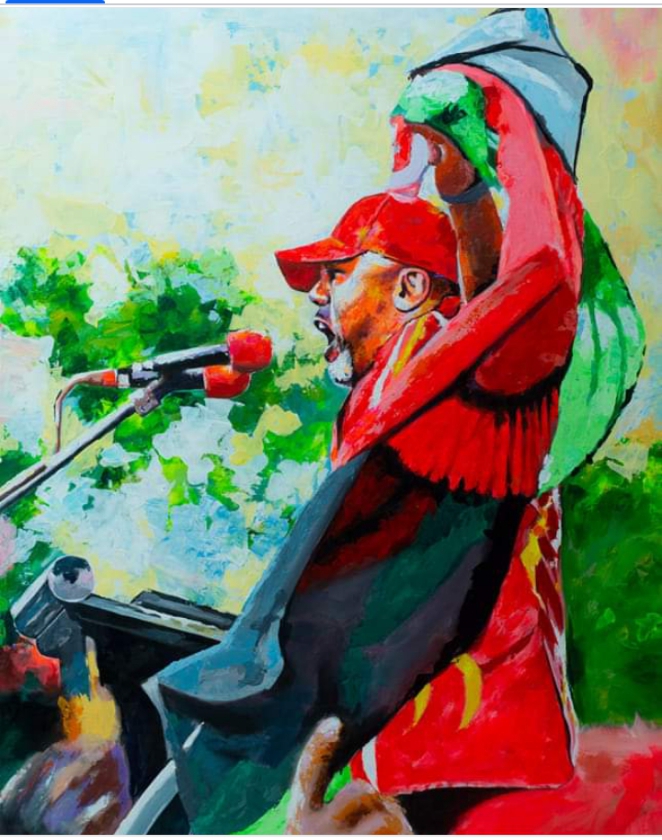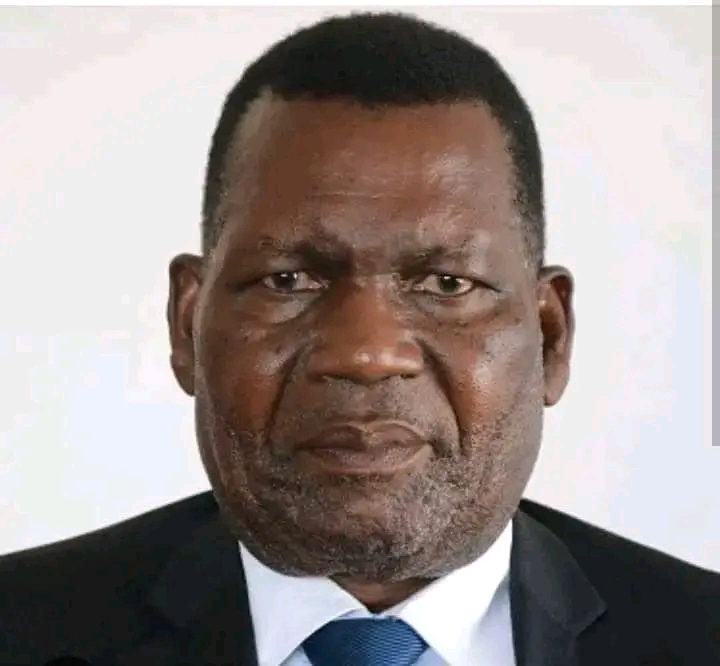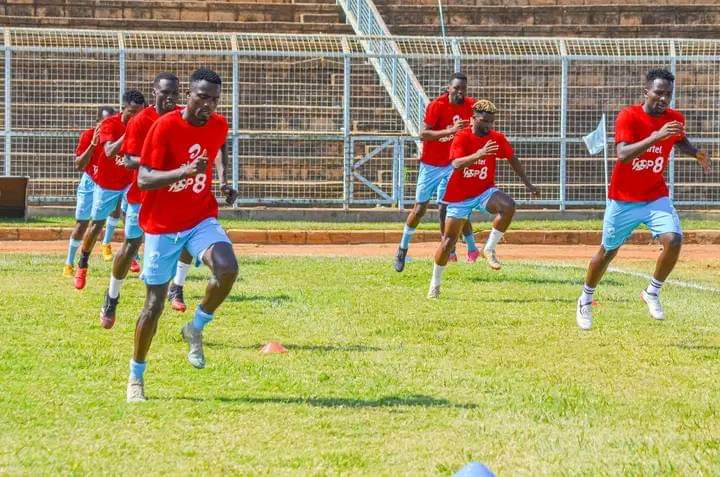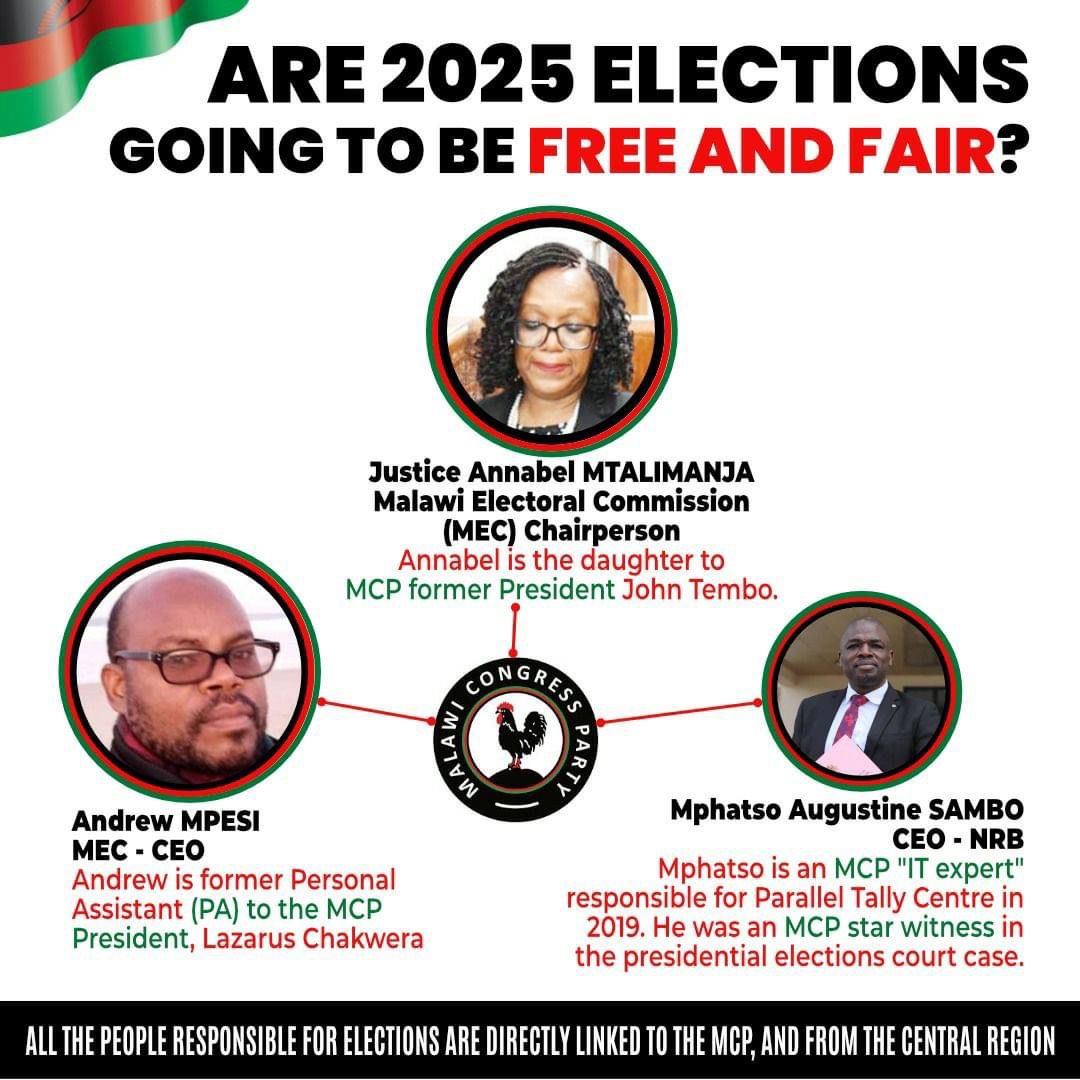By Burnett Munthali
As the year 2024 ends, one event that continues to resonate in the minds of Malawians is the tragic plane crash in Chikangawa Forest, which claimed the lives of Vice President Dr. Saulos Chilima and eight others. The incident, which occurred on June 11, sent shockwaves across the nation and significantly shaped public perception of Malawi’s political and governance landscape.
The plane, reportedly en route to Karonga for an official assignment, crashed in the dense Chikangawa Forest under unclear circumstances. Initial reports indicated that poor weather conditions and possible mechanical failure were contributing factors. The loss of Vice President Chilima, a towering political figure and a symbol of hope for many, left Malawians grappling with grief and uncertainty.
The other victims, including senior government officials and crew members, were equally mourned, as their untimely deaths underscored the fragility of life and the risks involved in public service.
The tragedy also sparked intense debate among Malawians. Many questioned the safety measures in place for high-ranking officials, while others demanded transparency in the investigation process. The government, led by President Lazarus Chakwera, faced criticism for what some perceived as delayed responses and a lack of detailed updates regarding the cause of the crash.
Conspiracy theories also emerged, fueled by the political tensions within the Tonse Alliance and the opposition. Some commentators suggested the possibility of foul play, while others dismissed such claims as baseless speculation. Nevertheless, the incident highlighted the deep-seated mistrust between the government and the public.
Dr. Saulos Chilima was known for his charisma and bold political stance. As Vice President, he championed public sector reforms and was seen as a voice for youth empowerment and innovation. However, his tenure was not without controversy. Critics pointed out the unfulfilled promises from his UTM party and his diminishing influence within the Tonse Alliance.
In death, Chilima’s legacy remains contested. While some celebrate him as a reformist who dared to challenge the status quo, others argue that his potential was overshadowed by political compromises and internal power struggles.
In the wake of the tragedy, Malawians called for unity and a renewed commitment to national development. Candlelight vigils, memorial services, and public tributes reflected the collective grief of a nation. However, healing was complicated by the growing political polarization and lingering questions about accountability.
President Chakwera’s emotional address during the memorial service acknowledged the magnitude of the loss but did little to quell public concerns. His claims of ignorance about fraudulent projects and systemic inefficiencies added to the perception of a leadership disconnected from the people’s struggles.
The Chikangawa plane crash was more than a national tragedy—it was a moment that revealed the fractures within Malawi’s political and governance systems. As 2024 comes to a close, Malawians continue to reflect on the implications of this loss, both for the nation’s leadership and for its aspirations of transparency, accountability, and progress.
Dr. Saulos Chilima and the eight others who perished in the crash will forever be remembered as individuals who dedicated their lives to serving the nation. Their deaths serve as a stark reminder of the need for robust safety measures, transparent governance, and a leadership that truly embodies the aspirations of its people.
As we step into 2025, the hope remains that Malawi can rise above the challenges of 2024 and build a future rooted in resilience and unity.




